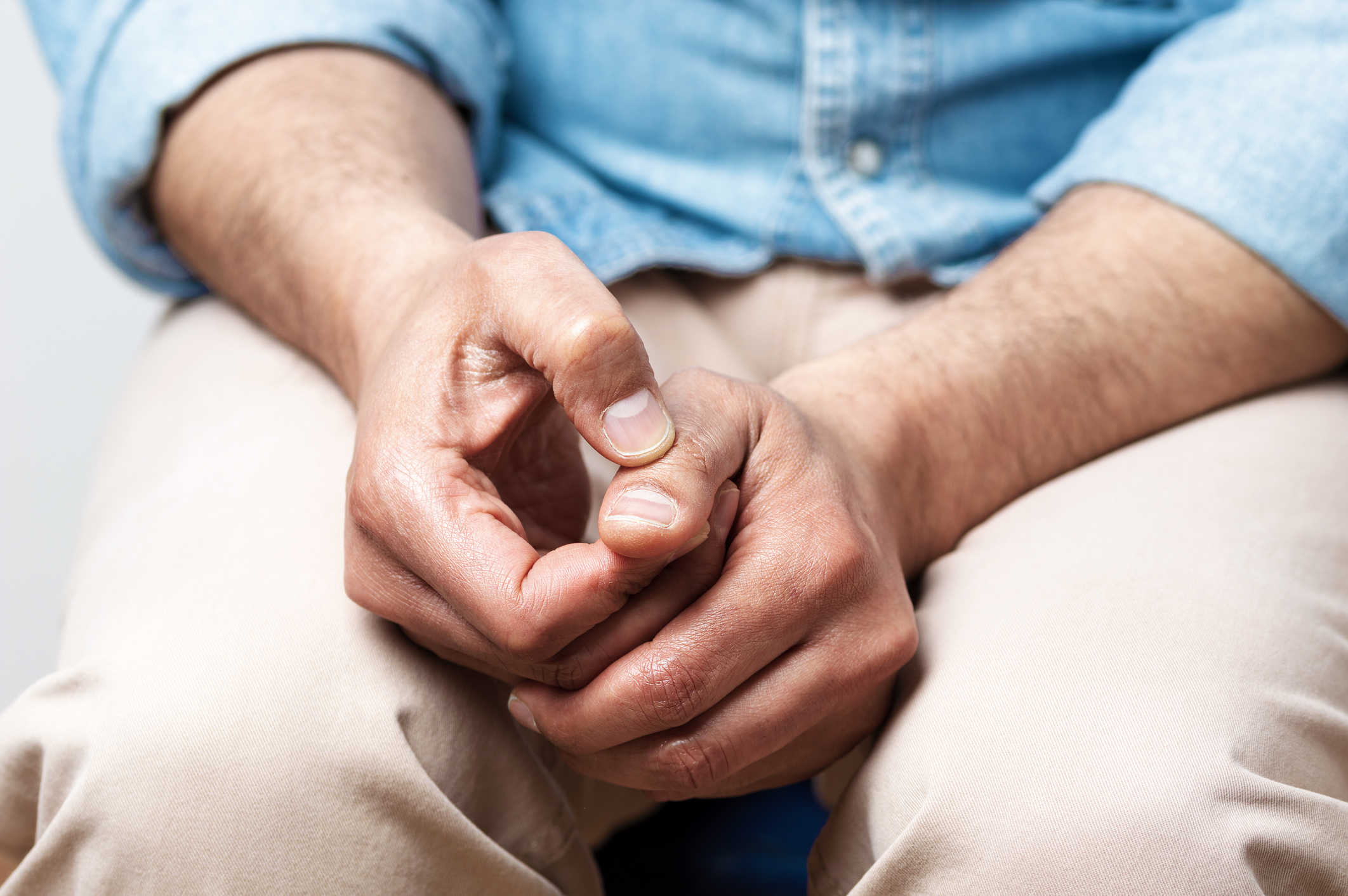 A phobia is a type of anxiety disorder that is characterized by the uncontrollable and irrational fear of a specific situation, object, or activity.
A phobia is a type of anxiety disorder that is characterized by the uncontrollable and irrational fear of a specific situation, object, or activity.
The American Psychiatric Association (APA) categorizes phobias into the following three groups:
- Social phobia -a long-term and overwhelming fear of participating in everyday social situations.
- Agoraphobia- the APA defines this as, “The fear of being in situations where escape may be difficult or embarrassing, or help might not be available in the event of panic symptoms.”
- Specific phobia- is unreasonable fear caused by the thought or presence of a specific object or situation that typically poses no real threat or danger.
There is still uncertainty of what actually causes phobias; however, they can be linked to genetics, life experiences or environmental reasons.
Examples of phobias include:
- Bibliophobia- A fear of books.
- Aerophobia- A fear of flying.
- Hemophobia- A fear of blood.
- Claustrophobia- A fear of confined or crowded spaces.
- Coulrophobia-A fear of clowns.
- Aulophobia- A fear of flutes.
- Porphyrophobia- A fear of the color purple.
- Nyctohylophobia- A fear of the woods in the night.
- Octophobia- A fear of the figure 8.
- Selenophobia- A fear of the moon.
- Lutraphobia- A fear of otters.
- Heliophobia- A fear of sunlight.
- Chionophobia- A fear of snow.
Although some phobias may be unusual, they should not be taken lightly. They can be harmful to people who have them and can potentially lead to depression, social isolation, or substance abuse.
It is advised that you seek help immediately if you or someone you know is suffering from the complications of a phobia.
To schedule an appointment with a mental health expert at Flushing Hospital Medical Center, please call (718) 670-5316.
All content of this newsletter is intended for general information purposes only and is not intended or implied to be a substitute for professional medical advice, diagnosis or treatment. Please consult a medical professional before adopting any of the suggestions on this page. You must never disregard professional medical advice or delay seeking medical treatment based upon any content of this newsletter. PROMPTLY CONSULT YOUR PHYSICIAN OR CALL 911 IF YOU BELIEVE YOU HAVE A MEDICAL EMERGENCY.
